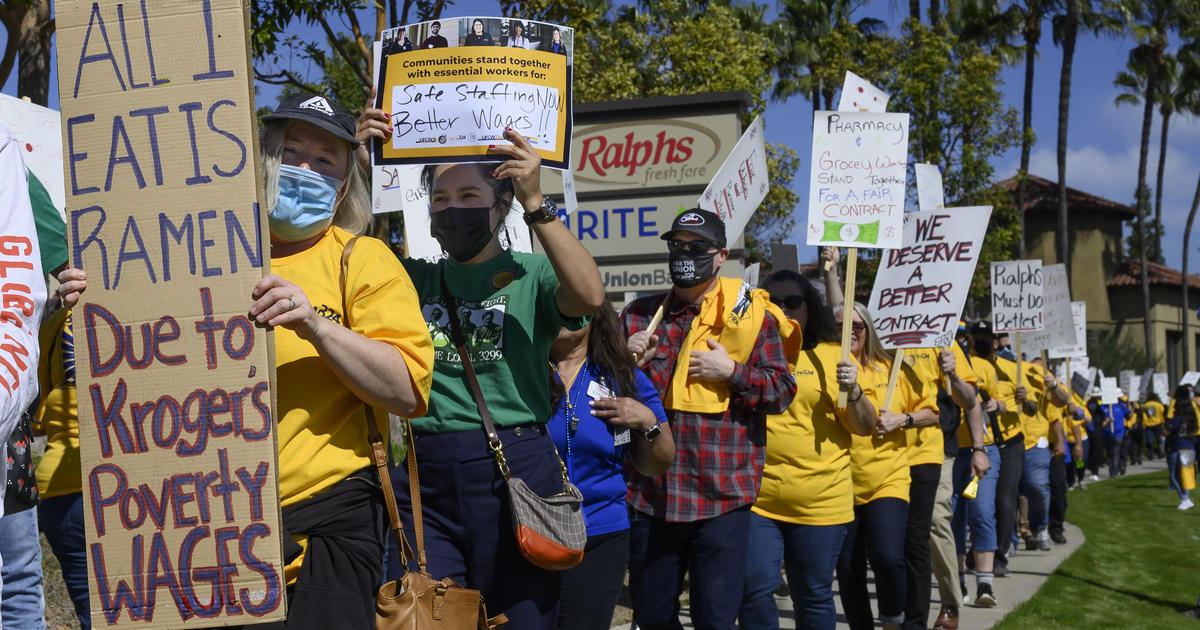By Kaiya Suehiro | Staff Writer

On March 25, 47,000 Southern California unionized grocery workers voted to authorize a strike if the supermarkets did not meet their wage demands for the new contract. A union representing the workers signed a three-year contract with Ralphs, Albertsons, Vons, and Pavilions to avert the strike.
Union officials and working grocery clerks bargained for 30 hours in a hotel before coming to a tentative agreement. At 6 p.m. on April 4, they negotiated a contract to appease the workers.
The previous three-year contract that covered 540 stores expired on March 6. Workers wanted to negotiate a new agreement that would give them health and safety committees, higher wages, and higher minimum hours for part-timers.
An unfair labor practice (ULP) claim was filed with the National Labor Relations Board. An article from Forbes claims that, “the ULP charges include intimidation, harassment, and surveillance of workers, refusals to implement contractual wage increases, doling out bonuses during wage negotiations, and subcontracting work to non-union companies.”
Data from a Massachusetts Institute of Technology living wage calculator shows that a single worker in Los Angeles would need to make $19.22 per hour to meet basic living needs. Most baggers and clerk’s helpers only earn slightly more than $15, which is the minimum wage.
According to the United Food and Commercial Workers (UFCW), 96 percent of the workers at seven local unions had voted to approve a potential strike. This would have permitted workers to organize walkouts at selected stores.
From 2003 to 2004, grocery workers held a 5 month long strike after chains such as Kroger, Safeway, and Albertson’s succeeded in cutting wages and benefits. It is estimated that the strikes lost the supermarket chains $2 billion and workers $300 million.
Kathy Finn, Secretary-Treasurer of UFCW 770, said in an interview with The Checkout podcast that the proposals from the employers did not acknowledge “the sacrifices [union members] made with their health, working tons of overtime… going the extra mile to serve the customers and communities and make sure people could eat throughout this pandemic.”
During the pandemic, grocery store workers were labeled as “essential workers”. However, many of them expressed disappointment and claimed that they were not treated as essential.
Negotiations for a new contract started in January. Union officials wanted a $5 per hour wage increase, but they were originally only offered 60 cent increases.
John Votava, Ralphs’ corporate affairs director, said in an interview with the Los Angeles Times that the UFCW proposal “would lead to $400 more in monthly grocery bills for most Southern California households [and] push customers to nonunion competitors who do not respect collective bargaining.”
Workers were satisfied with the new proposal that would give them a $4.25 per hour wage increase over the course of three years, along with increased dental and vision coverage.
